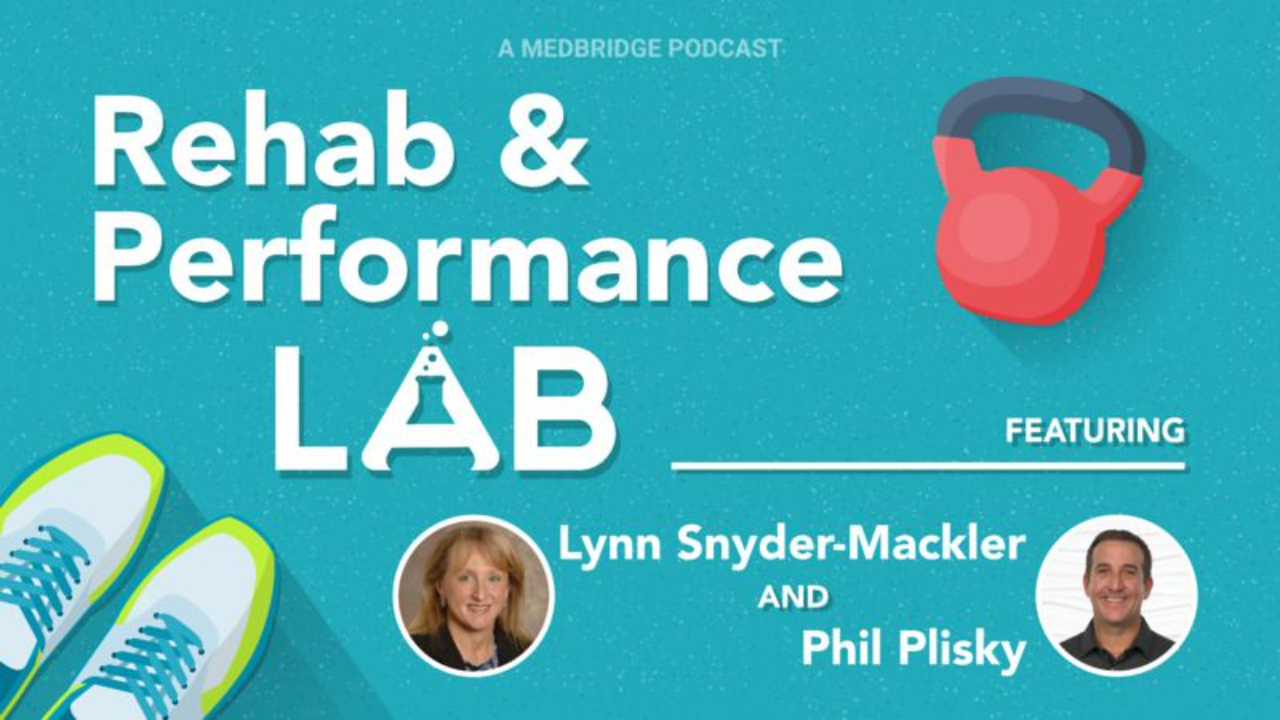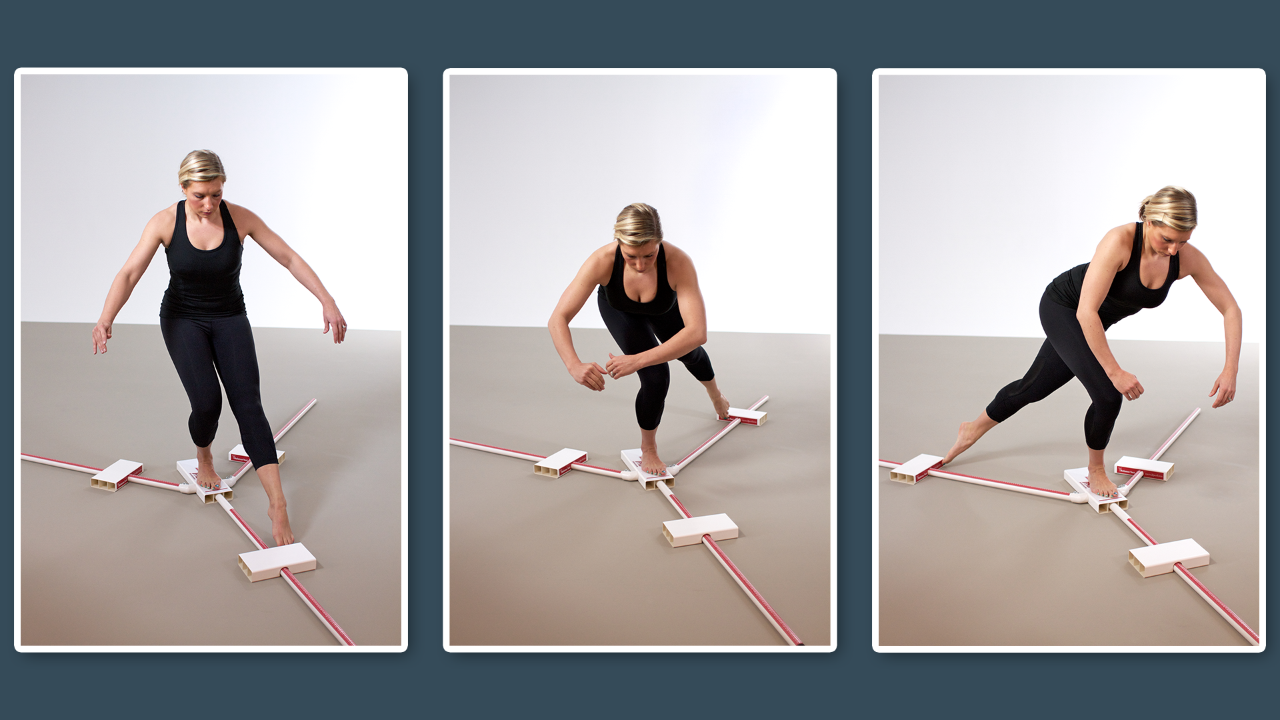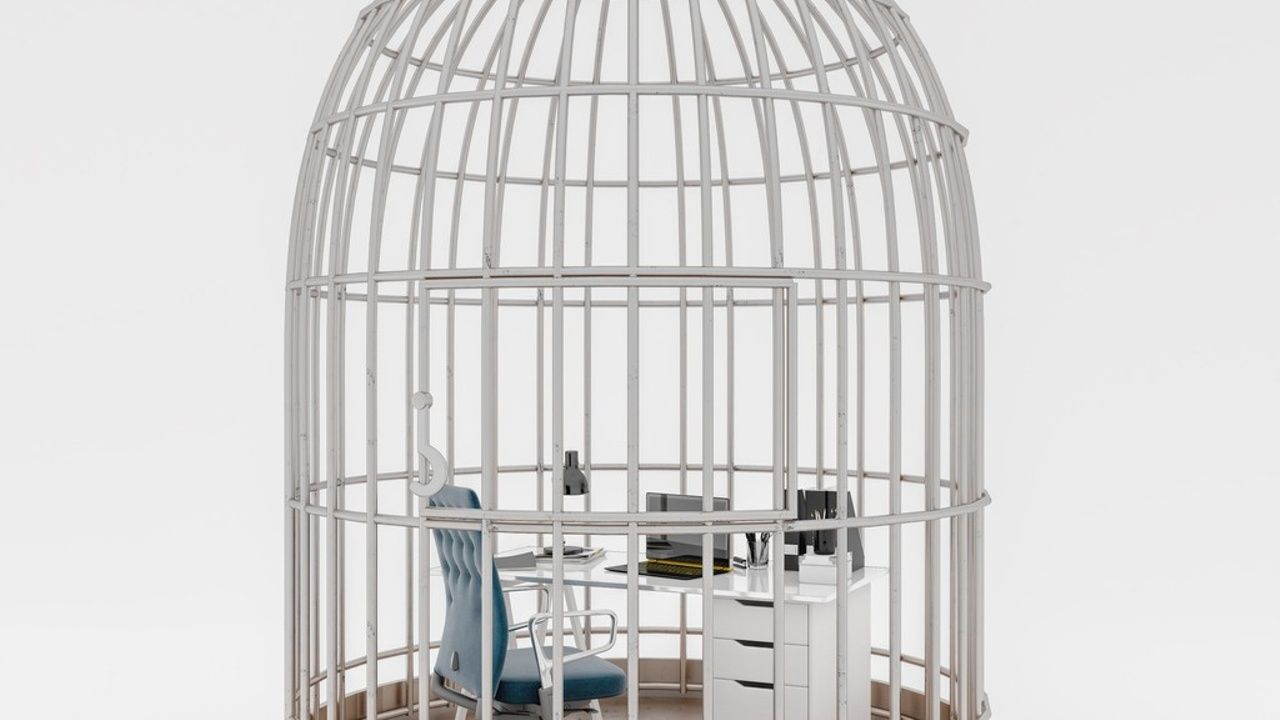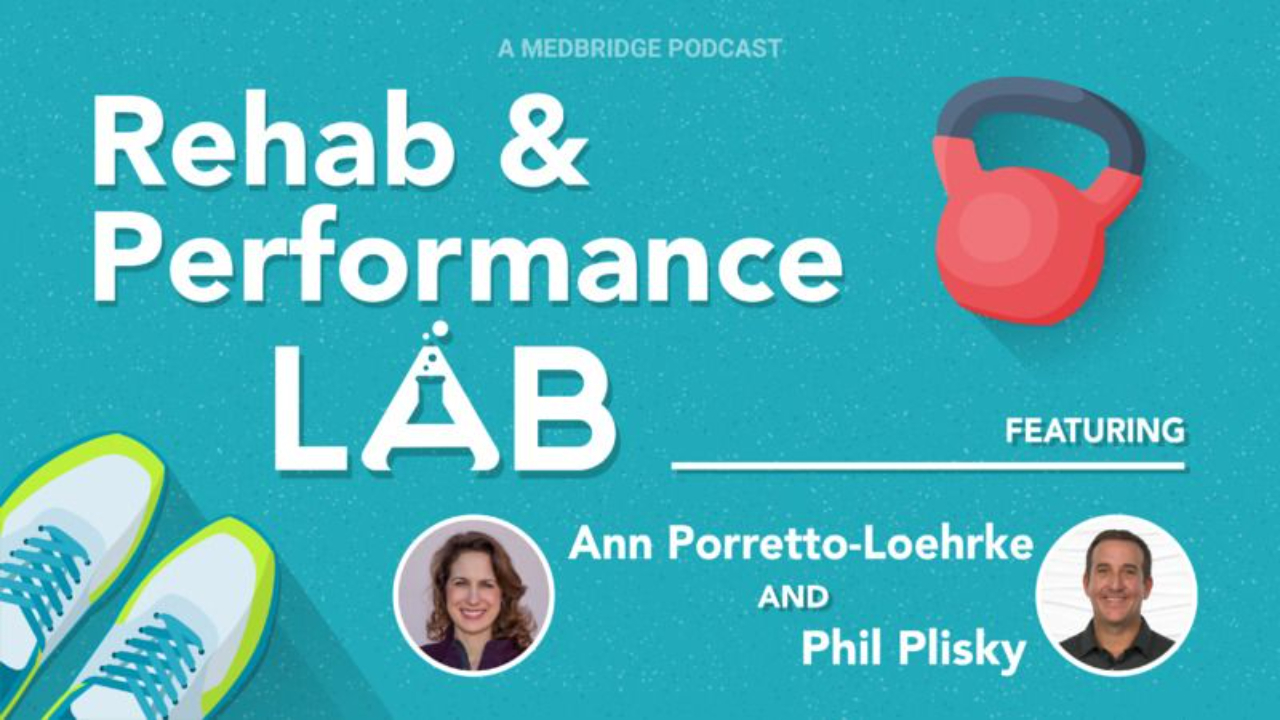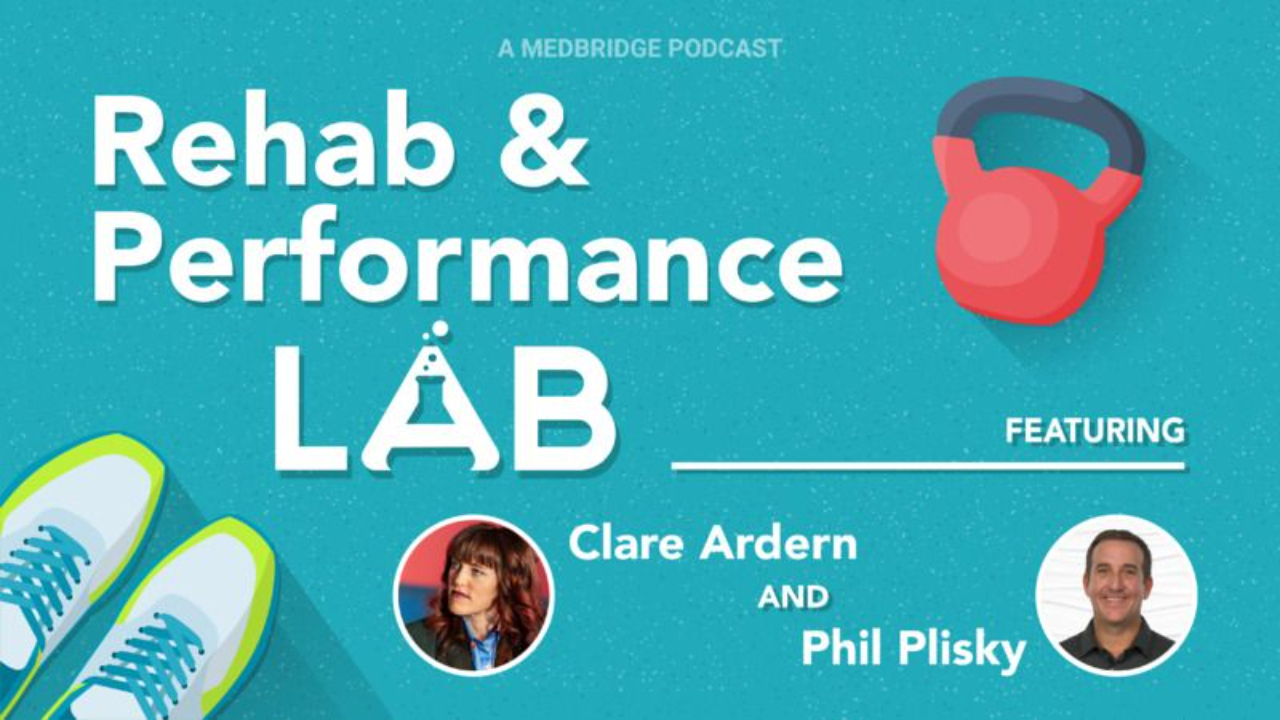Blog
My career right now is pretty great. I like what I do, I work with amazing people, and the flexibility allows me to be involved with my four boys on a daily basis. But, the journey to get here was not a straight line nor a direct route.
No, it was more of a wandering path. You could say that I t...
Not only are open kinetic chain exercises after ACL reconstruction safe, they're essential for the proper development of that graft tissue. That's one of the things we talked about in the Rehab & Performance Lab podcast with Dr. Lynn Snyder-Mackler on the open kinetic chain debate. We need to change...
By Rolando (Ro) Rodriguez, PT, DPT, SCS, CSCS & Phil Plisky, PT, DSc, ATC, CSCS
Overview of the Y Balance Test
The Y Balance Test Lower Quarter (YBT-LQ) is a widely studied, reliable, and quantitative assessment that is considered a gold standard for testing dynamic single-leg balance at the li...
“I would have contacted you, but I didn’t have any concrete action steps or questions, so I didn’t want to waste your time,” She replied to me reaching out to see if she wanted a mentor meeting.
I asked if she was stuck. She said, “Yes, I don’t know my next step.” We met and it turned out to be one...
Is there more to lateral epicondyalgia than eccentrics, IASTYM, & TPDN?
I have always felt there was more than meets the eye when it comes to lateral epicondylagia. Frequently, it is a tendinosis (degeneration of the tendon). I hypothesized that compression in the cervical spine would be a mechanis...
Cupping therapy is hot topic that's everywhere from social media to the clinic and in the athletic training room. We recently tackled this on the Rehab and Performance Lab podcast in What Is Evidence-Based in Cupping and Fascial Science? I was joined by Dr. Chris DePrato, who has spent a significant...
I had the absolute pleasure of hosting Dr. Clare Ardern on the Rehab and Performance Lab podcast. Clare is a true expert in assessing mental readiness for return to sport, and our conversation was packed with practical insights that I know you can implement right away in your practice. If you missed...
I tested a player in professional sports who had the following Y Balance Test and Functional Movement Screen scores. Here is his Move2Perform report:


If you will notice, his Y Balance Test Lower Quarter scores were great – symmetrical and above the risk cut point for his gender, sport, and co...
Frequently Asked Questions
- What is the Medbridge Promo Code?
- Why does Phil use Medbridge for continuing education?
- What disciplines are covered?
- Who can use the Medbridge promo code?
- How do I use the promo code?
What is the Medbridge Promo Code?
For the best deal or cheapest price on Medb...
This episode of the Rehab and Performance Lab featuring Dr. Jenna Gourlay challenges conventional methods and provides a nuanced understanding of hypermobility, moving beyond the typical Beighton score. Learn how to identify different levels of hypermobility and tailor your treatments for better, mo...
I’m so glad you’ve downloaded the agility resource. My hope is that it brings tremendous value to your practice by giving you a clear, systematic framework for returning athletes to full agility in sport.
Let’s walk through how to get the most out of it.
We created this framework to help you stay ...



